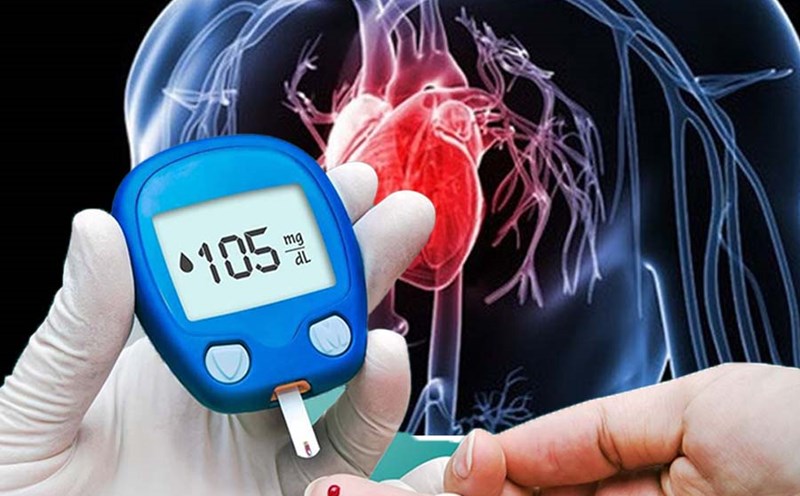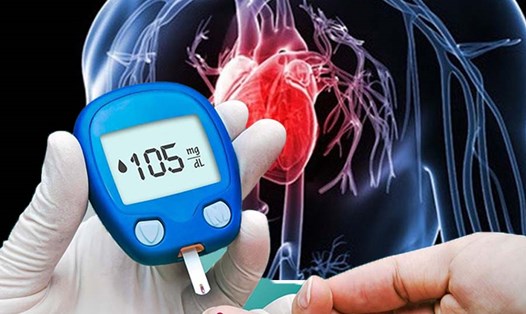According to Dr Praneeth, Consultant Cardiologist at CARE Hospital, Banjara Hills, Hyderabad (India), congestive heart failure (CHF) occurs when your heart is unable to pump blood effectively, leading to fluid accumulation in the lungs, liver, abdomen, and lower limbs, causing various symptoms and complications. Chronic cough can be a sign of CHF as the condition can lead to fluid accumulation in the lungs, irritating the airways and causing coughing.
According to the American Heart Association (AHA), chronic cough is a common symptom of heart failure, often manifested by coughing up white or pink phlegm mixed with blood.
How to recognize cough related to congestive heart failure?
Here's how you can tell if your cough is related to heart failure:
- Cough with phlegm, sometimes mixed with blood.
- Cough is worse when lying flat (due to increased fluid pressure in the lungs).
- Associated symptoms include shortness of breath, especially during physical activity or when lying down, wheezing, and a feeling of tightness in the chest.
Other symptoms of CHF
Other common symptoms of CHF, Dr. Praneeth shares:
- Shortness of breath, especially with exertion or when lying down.
- Fatigue and weakness, due to reduced oxygen and nutrients supplied to the body.
- Swelling in the legs, ankles and feet due to fluid accumulation.
- Fast or irregular heartbeat.
- Reduced ability to exercise due to shortness of breath and fatigue.
- Increased need to urinate at night.
- Rapid weight gain.
- Anorexia and nausea.
- Difficulty concentrating or decreased alertness.
How to manage
If you have CHF, you should seek medical treatment to effectively manage your condition. However, a combination of lifestyle changes and medications can help support your heart. These include:
- Reduce salt intake to control water retention.
- Eat a balanced diet rich in fruits, vegetables and whole grains.
- Regular physical activity to improve cardiovascular health.
- Maintain a healthy weight.
- Quit smoking and limit alcohol consumption.
- Use diuretics to reduce fluid retention as directed by your doctor.
- Angiotensin-converting enzyme (ACE) inhibitors help lower blood pressure and reduce strain on the heart.
- Regular health check-ups with your doctor.
- Monitor weight and symptoms to detect early signs of worsening condition.











